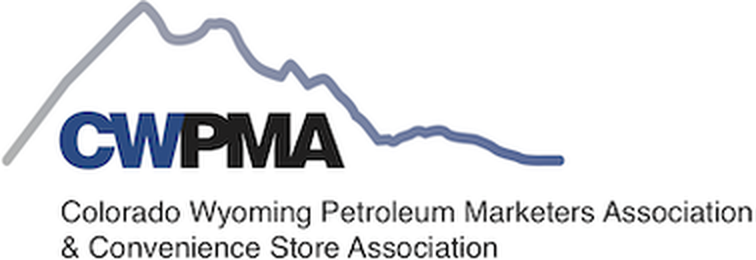CWPMA - Notes:
1. The last fee increases were adopted in 2015 with a three year phase in.
2. The statute mandates that the Local Public Health Agencies and the Department sit down with the industry to discuss the program which covers all counties in Colorado outside of Denver every three years.
3. There was a push by come local counties to remove fee and regulatory authority from the legislature which could have led to 60 different sets of rules and fees and in every jurisdiction in Colorado.
4. Fees were not revisited during the pandemic and Counties have taken on a greater portion of the cost from the agreed upon split in 2015 as inflation as eroded the cost effectiveness of the part that industry contributes.
5. Most of our traditional facilities are qualified as low risk meaning that we have greater than average compliance rate and pay the lower end of the fees. Restaurants bear the majority of the cost for the program as they have the most locations and the greatest degree of risk for foodborne illness.
6. The process, administered by CDPHE has been somewhat contentious with some Counties arguing that the industry needs to bear the cost for full program coverage. Our position is that the program as structured has worked and that commercial establishments such as C stores, and grocery stores, pay a significant and increasing share of property taxes and one of the services we receive from counties are inspections.
The proposal is not perfect but it is a reflection of the collaborative work that we engaged in over the summer.
Please review and let me know if you have questions... the report is attached. Like a lot of legislation, I would be surprised if the final product was not changed, but this is one of the multiple things we are working on in the next months.
From CDPHE -
You are receiving this email as an identified stakeholder for the State's Retail Food Program. With this email, CDPHE is formally concluding the 2024 triennial review of the retail food program and providing the attached report.
Section 25-4-1607.5(3) C.R.S. required the department to convene the first meeting with stakeholders no later than June 15, 2024. An email was distributed to all stakeholders on June 13, 2024, surveying participants to confirm participation and representation. All meetings provided remote access for those stakeholders would could not attend in person.
Stakeholders met five times prior to finalizing this report: August 8, 2024, August 29, 2024, September 19, 2024, October 11, 2024, and October 20, 2024. During the meetings, stakeholders agreed that program review would focus on the following areas:
- Updating categorical fees (e.g. plan reviews, HACCP reviews, etc.) to address inflation (55% CPI) since these fees were last changed in 2009;
- Current total cost to implement the retail food inspection program;
- Current funding level for the retail food inspection program;
- Adding and/or revising definitions in statute for clarity and ease of implementation of the statute;
- Cost recovery for retail food inspection program via fees to licensees; and,
- Adjusting license fees and adding/revising licensing categories.
Stakeholders evaluated various alternatives for increases to license fees and the associated cost recovery for implementing the retail food inspection program under various fee scenarios. The current (2024) cost to implement the inspection program is approximately $18.6M, annually. Current annual funding for the program from license fees is approximately $8.2M (44% cost recovery, shortfall of $10.4M).
Stakeholders discussed how much of the program costs should be covered by the license fees. Local public health representatives shared that the other local cash-funded programs are funded at, or close to, 100% from fees. Industry representatives were not comfortable with 100% cost recovery and suggested maintaining the cost recovery at the level achieved from the fee increases established in 2015 (approximately 55%) or having an established level at or below 70%. Local public health did not support 70% as a target for cost recovery. Based on the differing viewpoints, the options discussed were coalesced into three proposals which were negotiated by stakeholders.
After considering all three proposals, a fourth proposal emerged for consideration suggesting a 25% fee increase in year one, a 20% fee increase in year two, and a 20% fee increase in year three. For this proposal, it was assumed that the fee increase would be implemented in a compounding manner. This fourth alternative was under consideration at the time the report was being finalized.
A meeting was held December 2, 2024, in which the fourth proposal was discussed and accepted by stakeholders. Based on this agreement, various stakeholders agreed to work on the next steps including the development of and sponsors for a legislative proposal.
Thank you all for your time and dedication to this process and your commitment to an outcome that works for all.
2024 RF SH Process Final Report_11292024_FINAL.pdf
